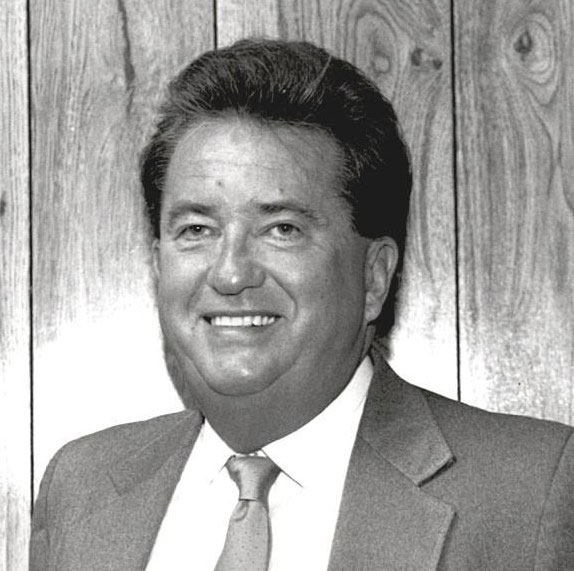
TOMS RIVER – The names of a former superintendent, Albert Dietrich, and a former student, Maria Ressa, will grace two buildings in the district.
A downtown administrative office will be named after Dietrich, who led the Toms River Regional School District from 1979 until 1991. He passed away this year at the age of 85.
The building is located at 54 Washington Street. It serves as central registration as well as other functions.
Born in Newark, Dietrich attended St. Augustine grade school. It was a four-room schoolhouse without running water that was a far cry away from leading the largest suburban district in the state.
He was enlisted in the Air Force where he won the American Spirit of Honor Medal given for outstanding leadership to only one out of 40,000 basic trainees.
Dietrich was hired as an English teacher on the intermediate level in 1963. He wrote the first teachers’ contract, served as chief negotiator, and became president of the Toms River Education Association.
He was described as an innovator who developed the following programs: Alternate School-State Model, Alcohol & Substance Abuse Program-National and State Model, Peer Program-National and State Model, Missing and Exploited Children’s Program, and lntergenerational Program. According to his bio in the Toms River Schools Hall of Fame, he had received more awards from the State of New Jersey and Federal Government than any other Superintendent in the history of the state.
According to his obituary, he also starred in theatrical productions around the tri-state area.
However, the theater at High School North will be named for Maria Ressa, a journalist who was awarded the Nobel Peace Prize this year.
She was active in theater and music programs while in school, and later referred to these years as formative times for her.
“Maria Ressa uses freedom of expression to expose abuse of power, use of violence and growing authoritarianism in her native country, the Philippines,” the Nobel Prize Committee said in its announcement. “In 2012, she co-founded Rappler, a digital media company for investigative journalism, which she still heads. As a journalist and the Rappler’s CEO, Ressa has shown herself to be a fearless defender of freedom of expression. Rappler has focused critical attention on the Duterte regime’s controversial, murderous anti-drug campaign. The number of deaths is so high that the campaign resembles a war waged against the country’s own population. Ms. Ressa and Rappler have also documented how social media is being used to spread fake news, harass opponents and manipulate public discourse.”

Born in Manila, she moved to Toms River early in life. She graduated cum laude from Princeton University in 1986, with a degree in English and certificates in theater and dance. She won a Fulbright scholarship to study politics at the University of the Philippines Diliman. She had spent two decades as a lead investigative reporter in southeast Asia for CNN. She had been included in a collection of journalists noted in Time’s Person of the Year 2018.
She has taught courses at both universities she graduated from. She has written two books: Seeds of Terror: An Eyewitness Account of Al-Qaeda’s Newest Center (2003), and From Bin Laden to Facebook: 10 Days of Abduction, 10 Years of Terrorism. Her upcoming book is called How To Stand Up To A Dictator (2022). It shows how “democracy dies by a thousand cuts” and that a web of social media and fake news is created to spur anger and hate to keep people in power.






